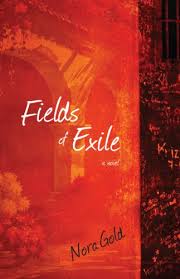Words of the Week, III
Again, current events compel me to share with you another batch of essential reading. (And if you’ve missed them, you might also wish to check the first two installments I shared this week.)
From Jeffrey Goldberg:
“Israel, then, is faced with three enormous and difficult tasks. It must do a much better job of minimizing Palestinian casualties as it fights Hamas, because this is a moral necessity and a strategic imperative. It must also do something it hasn’t done well at all, which is to create an alternate reality on the West Bank, one that shows Palestinians a different and brighter sort of future than the one promised by Hamas. And — and this is its main task at the moment — it must ensure that its citizens aren’t kidnapped and murdered by a group that seeks not an equitable two-state solution but the annihilation of their country.” (more…)
